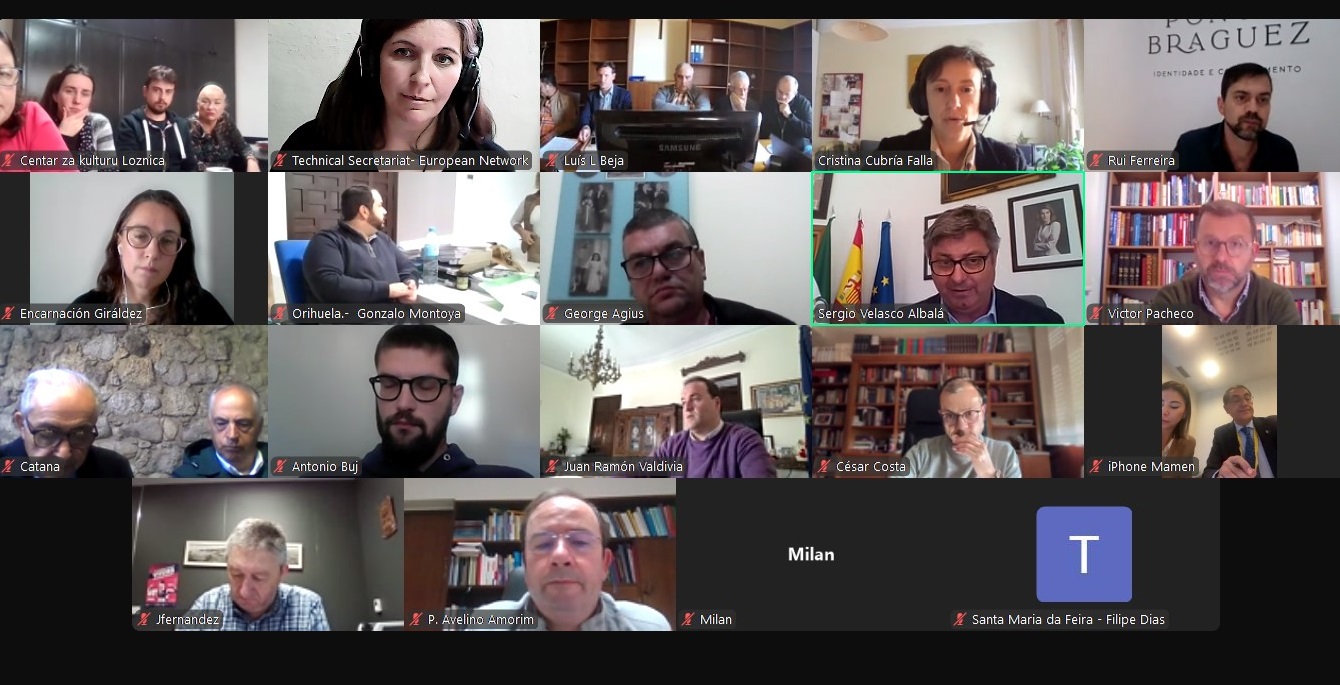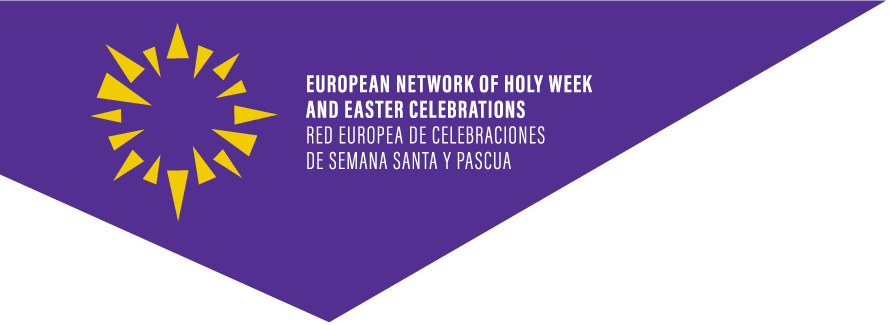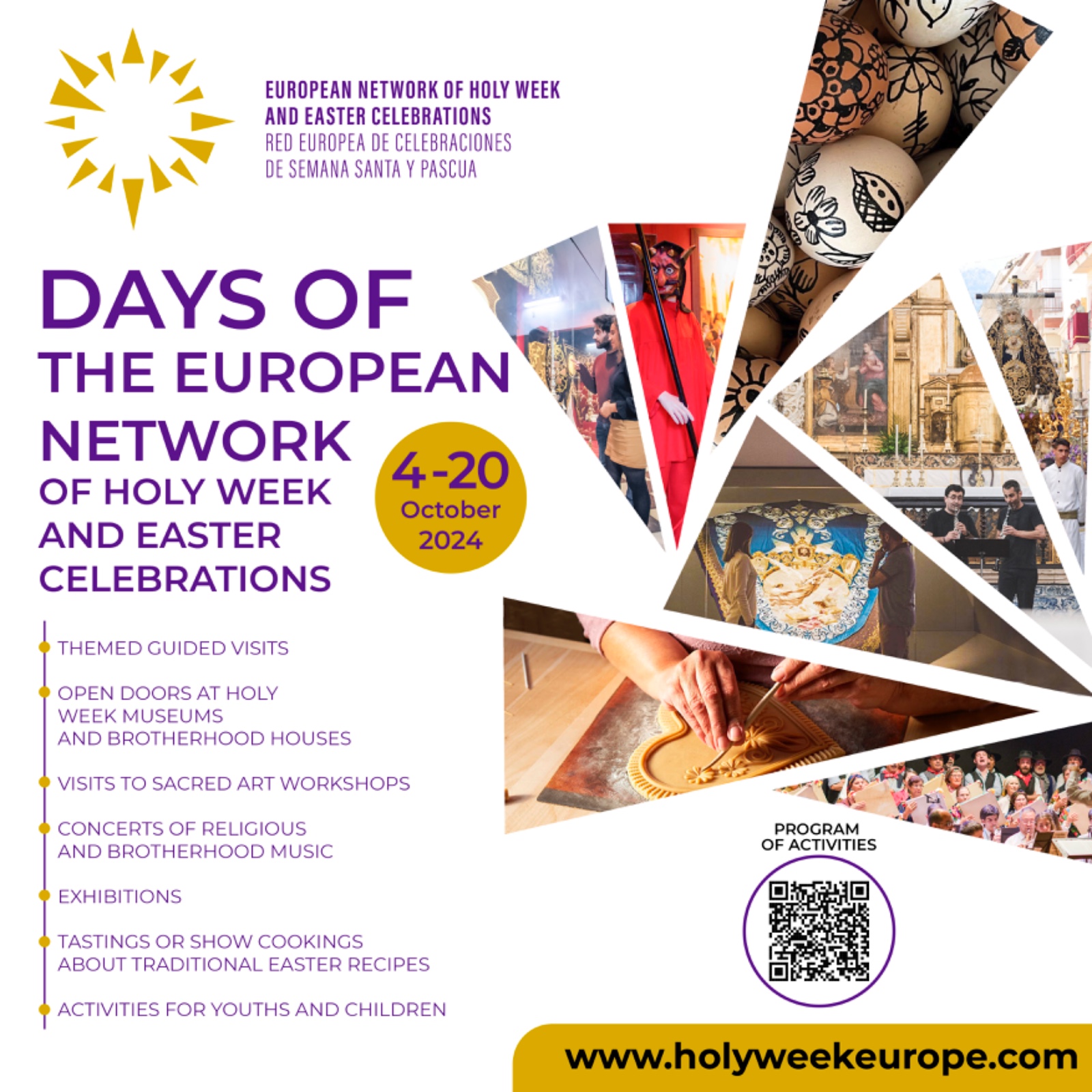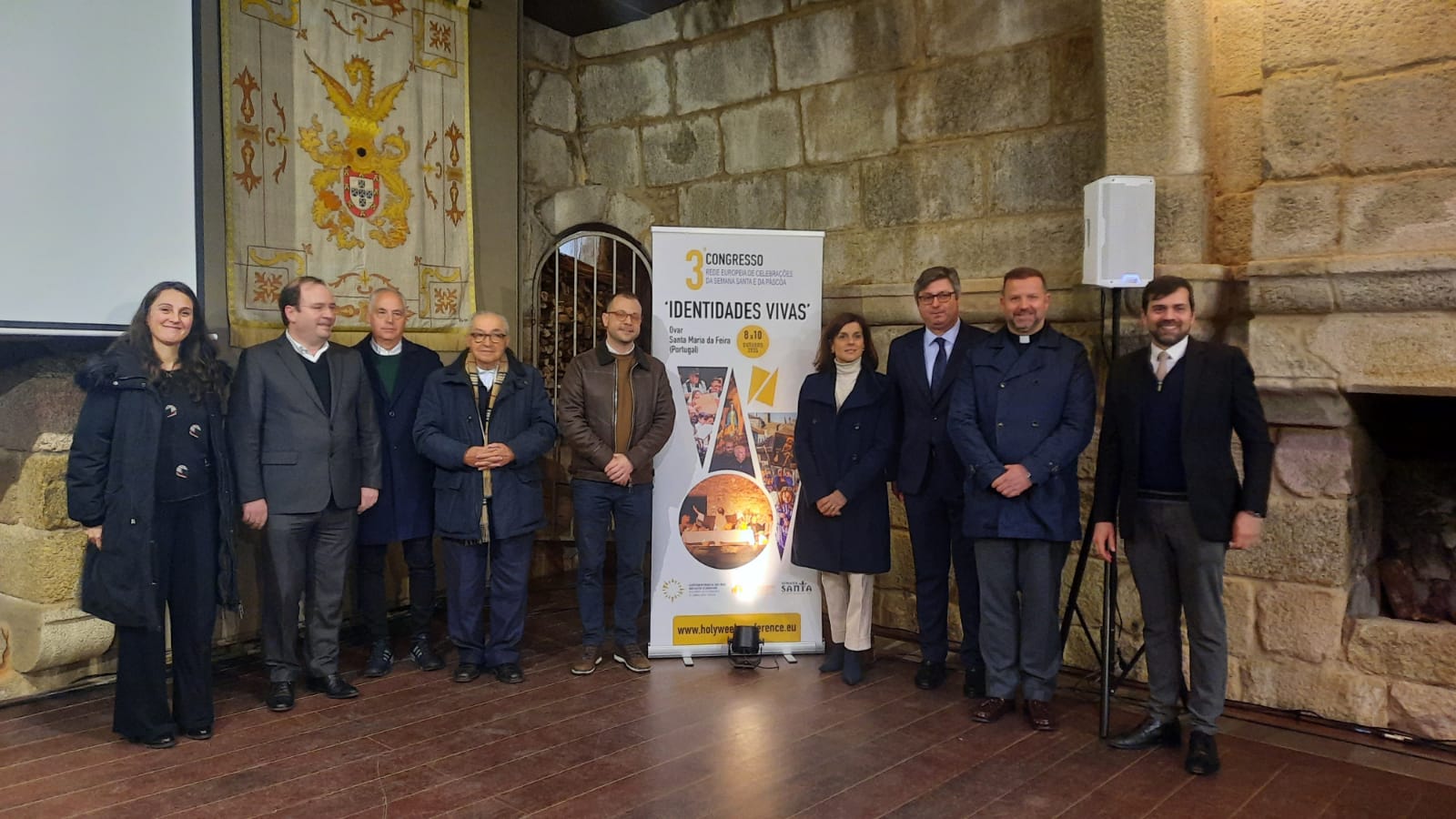
The European Network of Holy Week and Easter Celebrations approves the incorporation of three new municipalities
- These are Crevillente (Spain), Korcula (Croatia) and Licodia Eubea (Italy) which join the 37 already members
- During the Ordinary General Assembly, the holding of the Third Congress of the European Network was also approved to be held in Ovar and Santa Maria da Feira (Portugal) between October 8 and 10, 2025.
14.11.2024.- The European Network of Holy Week and Easter Celebrations has tested, during the celebration of its General Assembly held virtually last Tuesday, the incorporation of three new municipalities to the institution.
These are Crevillente (Spain), Korcula (Croatia) and Licodia Euboea (Italy) which join the 37 already adhered belonging to the countries of Croatia, Slovenia, Malta, Italy, Spain, Portugal and Serbia. This new incorporation, in the words of the president of the European Network, Sergio Velasco, comes to “further strengthen our work for the conservation and dissemination of the traditions of Holy Week and Easter that exist on the European continent.”
Likewise, during the assembly it was agreed that the Third Congress of the European Network would be held in Ovar and Santa Maria da Feira (Portugal) between October 8 and 10, 2024. This event, which takes place every two years, has the objective of delving into the European dimension of this common and diverse heritage. The event brings together specialists of different nationalities and areas of study to contribute to the exchange and scientific cooperation of this tradition. Next Lent the programming for this event will be officially presented.
Among other matters, the meeting also addressed topics such as the approval of budgets and work plan for next year 2025, and the lines of work and actions to be developed by the Network and its Scientific Committee whose positions have recently been renewed under the coordination by the Portuguese Rui Ferreira.
More about the European Network
The European Network of Holy Week and Easter Celebrations, created in 2019, is an organization that works to disseminate the traditions linked to Holy Week and Easter, thus safeguarding its rich heritage. Its fundamental objective is to contribute to a better knowledge of the values of this extensive legacy, alive in a large part of Europe. A legacy that combines notable local differences, with its wide diffusion as a common element of many regions.



